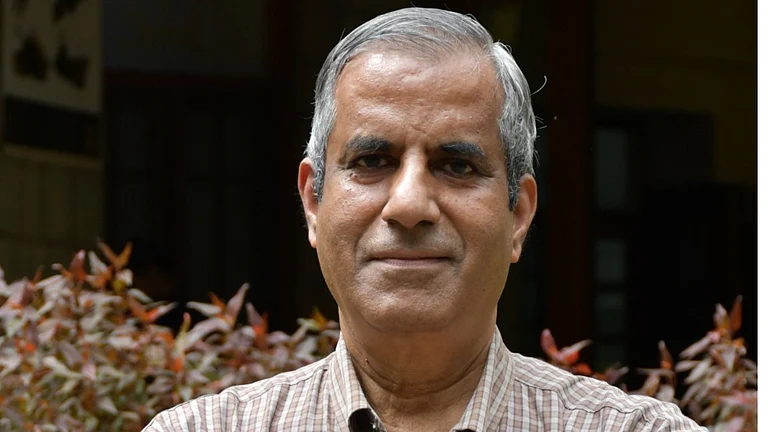India is preparing to implement a repairability index for mobile phones and electronic products, a move aimed at addressing the country's escalating e-waste problem and encouraging manufacturers to produce more easily repairable items. The initiative, led by the Consumer Affairs Ministry, will provide consumers with a score based on key parameters, helping them understand how easily a product can be repaired. This announcement was made during a national workshop on the issue held on Thursday.
Consumer Affairs Secretary Nidhi Khare, addressing the workshop, highlighted the importance of this initiative as India continues its rapid economic ascent. "As India emerges as the third-largest economy in the world, we should have a vibrant and tech-savvy repair system," she stated. Khare further noted that India has the potential to become a global repair hub, underscoring the economic opportunities that could arise from this initiative.
The proposed index will mirror similar efforts in other countries, notably France's repairability index, and will evaluate products based on several criteria. These include the availability of technical documents, the ease with which a product can be disassembled, the availability and pricing of spare parts, and more. The workshop sought to establish a consensus among industry stakeholders on these "key parameters for assessing and evaluating the repairability index." It also focused on promoting longevity in product design and democratising repair information to enhance consumer experiences and encourage the reuse of mobile and electronic products.
Additional Secretary Bharat Khera emphasised the need for transparent and affordable repair solutions, increased consumer awareness, and support for local repairers. He pointed out the importance of making repairs more accessible and affordable for consumers, which in turn would reduce the environmental impact of discarded electronics.
Joint Secretary Anupam Mishra highlighted several challenges currently faced by consumers and repairers alike, such as the scarcity of genuine spare parts in local markets, compatibility issues with product components, and the lack of readily available repair information. He noted that while France's Repairability Index rates products on five criteria, the European Union has adopted additional parameters to ensure a comprehensive assessment.
Ajai Chowdhry, Founder of HCL Technologies, advocated for legislative measures to enforce these changes. "Today, most products are not repairable. We need to design products that can be repaired. Unless we create a law, things will not change," he asserted, stressing the need for a legal framework to support the repairability initiative.
India has already made strides towards improving repairability with the launch of the Right to Repair Portal, which currently includes 63 companies, 23 of which are from the mobile and electronics sector. This new initiative aims to reduce India's e-waste footprint, promote sustainable practices, and create opportunities for third-party repairers in the country's growing electronics market.
As the world's third-largest producer of electronic waste, after China and the United States, India is under increasing pressure to adopt measures that mitigate the environmental impact of its burgeoning electronics industry. The introduction of a repairability index is seen as a crucial step towards a more sustainable future, where consumers are empowered to repair rather than replace their devices, thereby reducing waste and conserving resources.































